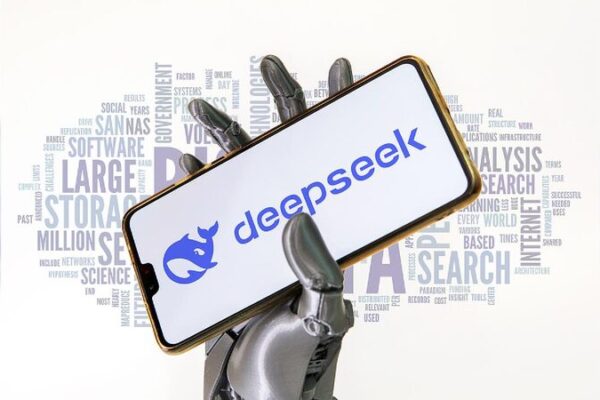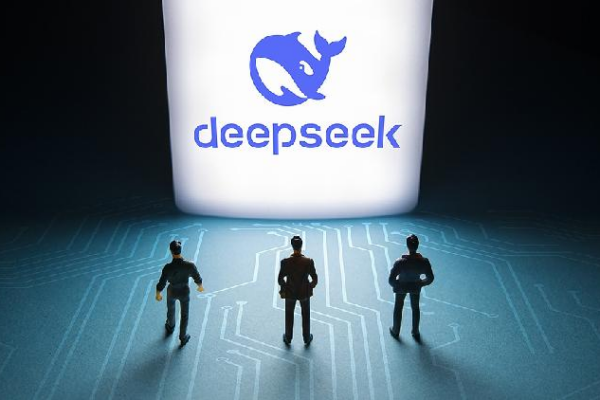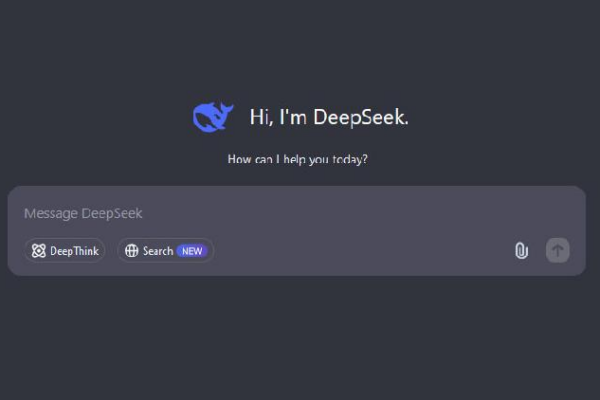Chinese universities are tightening regulations on the use of artificial intelligence (AI) tools like DeepSeek, as students increasingly rely on them for academic writing.
According to a survey by MyCOS involving over 3,000 university faculty and students, nearly 60% use generative AI daily or multiple times a week. Among students, almost 30% admit to using AI primarily for writing papers or assignments, with some directly copying and pasting AI-generated content.
University professors are expressing concern over this growing dependency. Beyond generating text, some students have engaged in academic misconduct, such as falsifying research data, editing experimental images, or replacing independent design work with AI-generated content.
In response, many Chinese universities are implementing new regulations to control AI usage in academia. Fudan University recently issued guidelines prohibiting AI use in research design, data collection, image creation, thesis writing, and handling confidential content. Serious violations could lead to failing grades and impact a student’s eligibility for degrees.
Tianjin University of Science and Technology has also taken action by applying AI-generated content detection in undergraduate theses. They have set a maximum AI content threshold of 40%, a policy that will continue for 2025 graduates.
Meanwhile, research teams across China are developing AI detection technologies to combat academic fraud. As AI technology evolves, these tools must also advance to remain effective.
Experts emphasize that beyond technology, it’s crucial to improve academic evaluation methods and enhance AI literacy among students. Huang Yating, a researcher at Zhejiang University’s School of Education, suggests that assessment methods should promote higher-order thinking skills.
“AI can replace repetitive and standardized tasks,” Huang said. “Professors should design assignments that AI cannot easily replicate and encourage collaboration with AI rather than full reliance on it.”
Reference(s):
Chinese universities seek to regulate AI use in academic writing
cgtn.com








